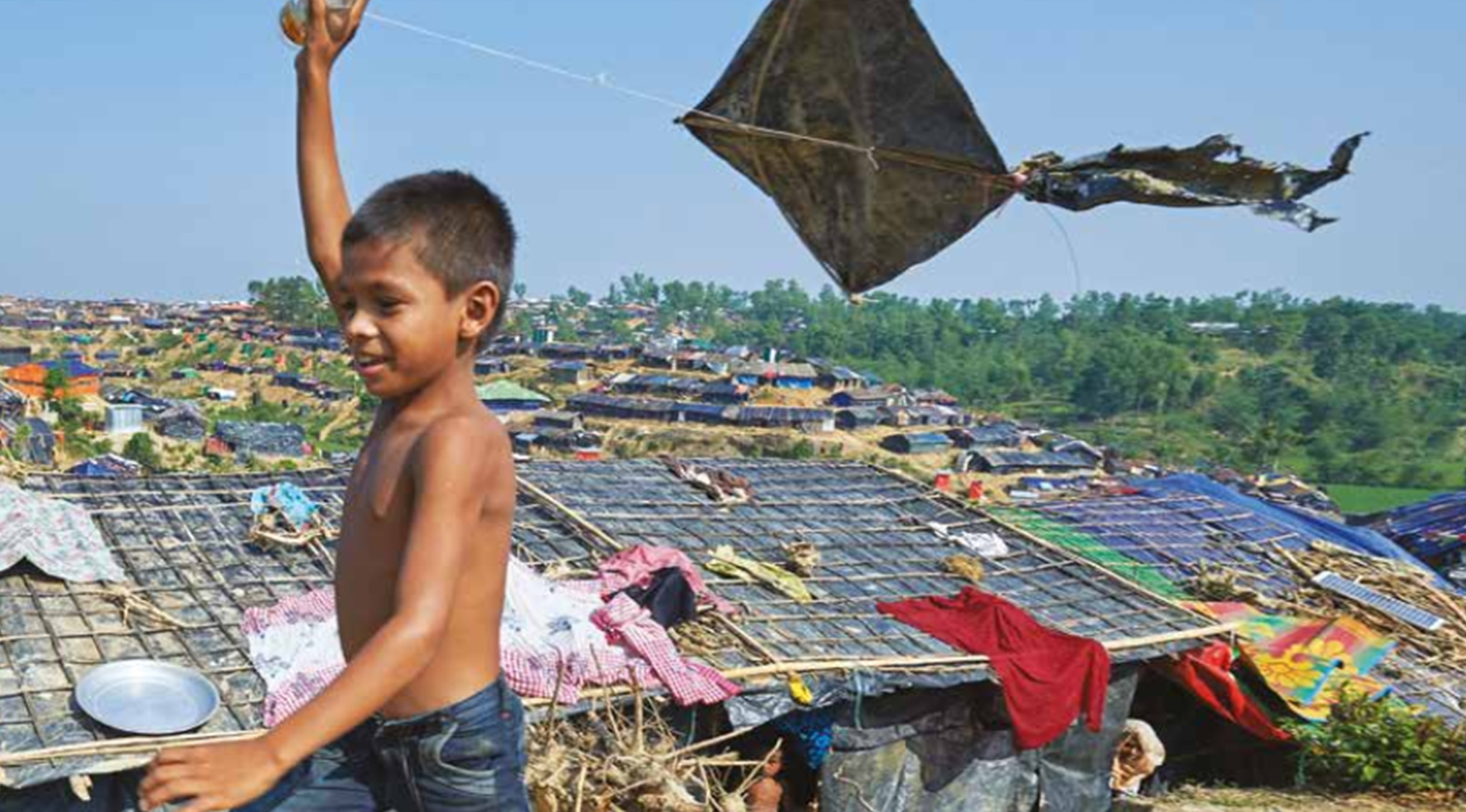For years, we had to observe a worldwide decline in fundamental civil rights: Freedom of expression, freedom of assembly and freedom of the press are being increasingly restricted in many countries. As a response HEKS, together with Dan Church Aid and Bread for the World as Act Alliance community of practice commissioned a study examining the role of civil society in achieving the SDGs.
Drawing on case studies carried out in Brazil, Cambodia, Nepal, and Zimbabwe, and on 12 desk-based country studies, the report analyzes the pivotal role civil society has played in achieving the SDGs. The resulting report shows how restrictions on civic space have already affected and are likely to further impact adversely on a number of SDGs.
Civic space is changing in terms of who participates and how. Dwindling civic space limits liberal human rights actors while widening the influence of right-wing, extremist and conservative groups. The growth of digital space has reshaped civic space for all actors and helped unruly protest movements to take up more space.
Political elites close civic space as part of national struggles over political and economic power. Conflicts over the use of natural resources and land have been found to be key reasons why civic space is restricted.
Without a fully engaged civil society, the SDGs are bound to fail. This is the main conclusion of the research and case studies. Shrinking civic space is likely to halt or reverse progress towards reducing inequality, insuring inclusion, and improving sustainability, because it is often precisely those marginalized who are at great risk of being ‘left behind by development’. The study therefore concludes that for development to be sustainable over time and for the benefit of all, a strong civic space is not optional but a must.
SDG 16 plays a double role in the development impact of closing civic space. Firstly, shrinking space results in worsening development outcomes as measured by SDG 16, with respect to violence, human rights violations, abuses of the rule of law, social and political exclusion, and the wider prospects for peaceful, stable, and just institutions. In cases compared, half of the SDG 16 targets showed clear and measurable signs of deterioration as a result of specific restrictions on civic space. Government efforts to restrict civic space have an immediate and measurable impact on the role of civil society to build trust where societies are polarized. Secondly, SDG 16 outcomes are also related to the capacities of civil society actors to safeguard public institutions, which are guided by SDGs on poverty and hunger, work, livelihoods, and the environment, among others. Actions against civil society activists undermine the fundamental freedoms of association, expression, assembly and protection as well as the capacity of civil society actors and human rights defenders to scrutinize government policies. Building and safeguarding effective, accountable and inclusive institutions at all levels is therefore also a precondition for realizing the SDG agenda.
Key findings:
– The shrinking space of civil society hinders social and -economic development and hinders achievement of the SDGs.
– Restrictions on civic space prevent Civil Society Organizations from engaging in policy formulation, monitoring rights, raising awareness, championing the voices of vulnerable populations, and from building partnerships.
– When civic space is limited, development risks excluding voices and increasing social distrust. Ultimately, this increases inequalities and makes development less sustainable.
– Civic space is essential to provide transparent and verifiable information. If objective data is absent due to shrinking civic space, trust in official data and political performance is likely to decrease.
– Weakening of civil society may increase a permissive culture of corruption among elite groups without sufficient checks and balances. Not only could this erode trust in governance, but it could also trigger significant economic, food and political crises.
– Overemphasis on huge infrastructure projects and economic growth increasingly competes with the discourse of inclusion and thereby puts the key SDG principle of “leaving no one behind” at risk.


